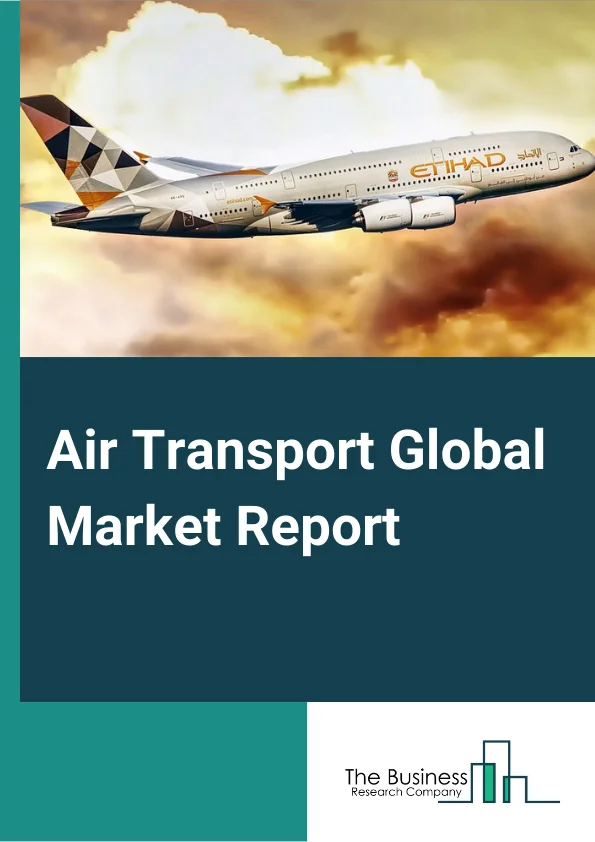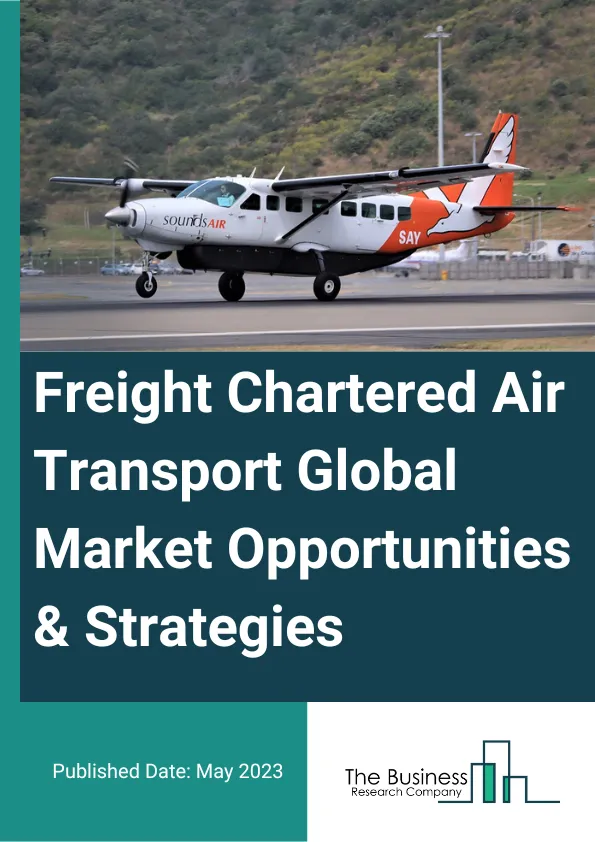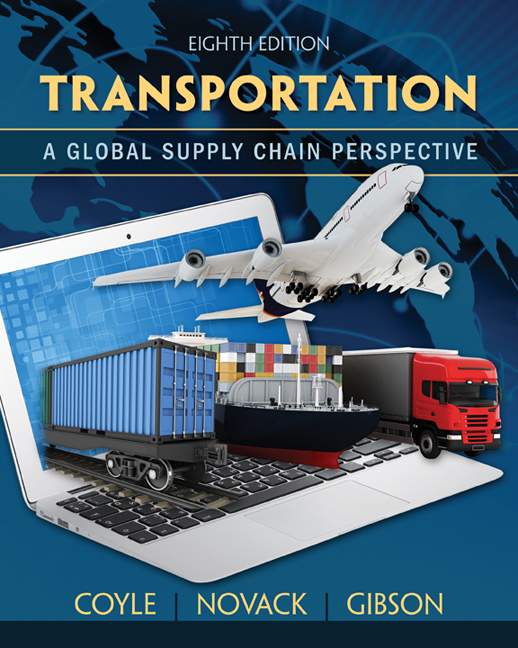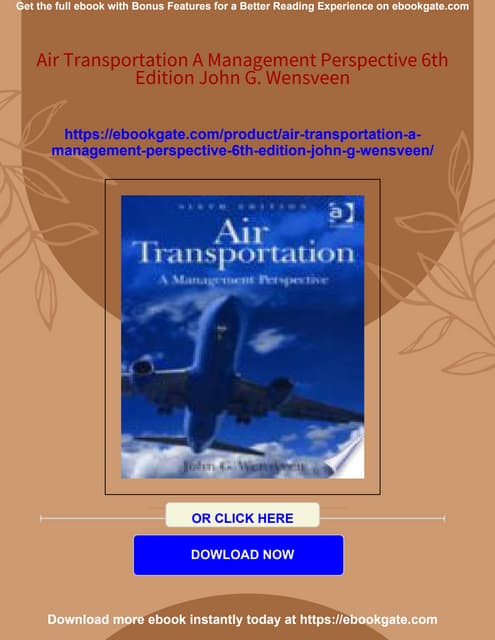Air Transportation A Global Management Perspective

Global air transportation is facing unprecedented turbulence as escalating fuel costs, labor shortages, and geopolitical instability threaten to cripple the industry's recovery. Airlines worldwide are scrambling to adapt to a volatile market, demanding a new era of strategic management and operational efficiency.
This article dissects the critical challenges confronting air transportation from a global management perspective. It highlights the immediate actions airlines are taking to navigate the crisis and the long-term strategies necessary for sustained survival.
Soaring Fuel Costs: A Flight to Nowhere?
Fuel prices have surged to record highs, impacting airline profitability across the globe. According to the International Air Transport Association (IATA), fuel now accounts for over 30% of airlines' operating costs, up from around 20% pre-pandemic.
This drastic increase is forcing airlines to implement a range of measures. These include raising ticket prices, implementing fuel surcharges, and retiring older, less fuel-efficient aircraft.
For example, Lufthansa recently announced a fuel surcharge increase of $50 per flight segment. Other carriers like Air France-KLM and United Airlines are following suit, signaling a shift in pricing strategies worldwide.
Labor Shortages: Grounded Ambitions
The industry is grappling with a severe shortage of pilots, ground staff, and air traffic controllers. Mass layoffs during the pandemic are now backfiring as travel demand rebounds faster than anticipated.
The Regional Airline Association (RAA) estimates a shortage of over 8,000 pilots in North America alone by the end of 2023. Similar shortages are reported across Europe and Asia, leading to flight cancellations and operational disruptions.
Airlines are aggressively recruiting and training new staff. They are also offering lucrative signing bonuses and improved benefits packages to attract and retain talent, impacting their bottom lines.
Geopolitical Instability: Navigating a Turbulent Sky
The war in Ukraine and other geopolitical tensions are further complicating the air transportation landscape. Route closures, airspace restrictions, and increased security measures are adding to operational complexities and costs.
The European Union Aviation Safety Agency (EASA) has issued numerous safety directives. These are rerouting flights away from conflict zones, adding significant flying time and fuel consumption to already strained routes.
Sanctions and counter-sanctions are impacting international collaborations and aircraft maintenance supply chains. This necessitates airlines to explore alternative suppliers and overhaul their logistics strategies.
Operational Efficiency: A Desperate Need
Airlines are under immense pressure to improve operational efficiency across all areas. This includes optimizing flight schedules, streamlining ground operations, and leveraging technology to enhance customer experience.
Many carriers are investing in advanced data analytics to predict demand fluctuations and optimize pricing strategies. For example, Delta Air Lines has implemented AI-powered tools to improve flight scheduling and reduce delays.
Lean management principles are being adopted to eliminate waste and improve productivity in ground handling and baggage operations. This includes reducing turnaround times and minimizing aircraft downtime.
Strategic Alliances and Partnerships: Strength in Numbers
To navigate the crisis, airlines are strengthening strategic alliances and partnerships to share resources and reduce costs. Code-sharing agreements, joint ventures, and cross-border investments are becoming increasingly common.
The Star Alliance, Oneworld, and SkyTeam are expanding their networks. They are offering passengers seamless connectivity and access to a wider range of destinations.
Joint procurement of fuel and aircraft is enabling airlines to leverage economies of scale and negotiate better deals with suppliers. This collaborative approach is becoming crucial for survival in a highly competitive market.
Looking Ahead: A Call for Innovation and Resilience
The air transportation industry is at a critical juncture, demanding innovative solutions and resilient management strategies. Investments in sustainable aviation fuels (SAF), electric aircraft, and advanced air mobility (AAM) are essential for long-term sustainability.
Government support and regulatory frameworks are crucial for accelerating the transition to a greener and more efficient air transportation system. Collaboration between airlines, manufacturers, and policymakers is paramount.
The industry must prioritize employee well-being and training to address labor shortages and ensure a safe and efficient operating environment. Failure to adapt will result in further consolidation and potential bankruptcies, reshaping the global air travel landscape.


















